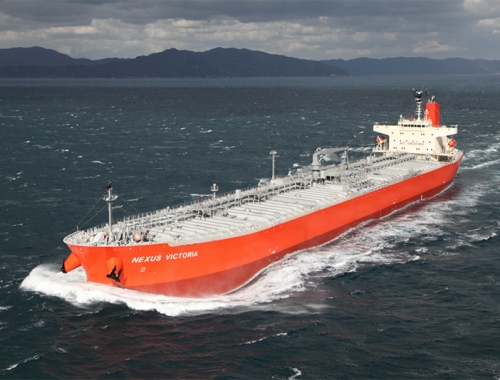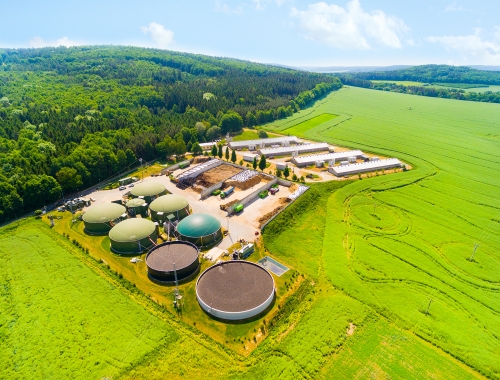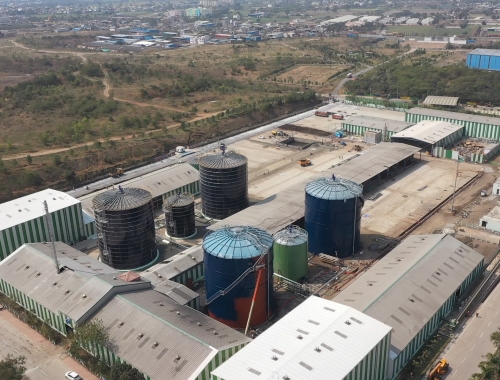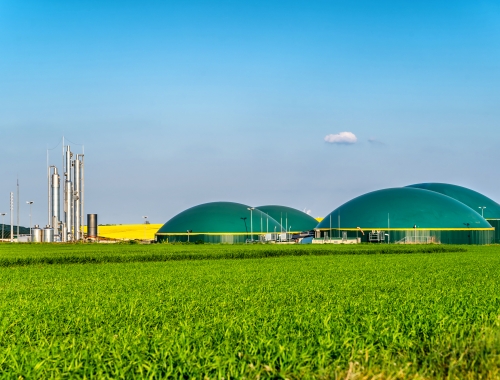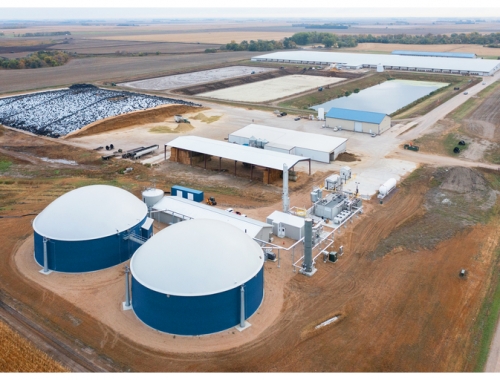BP certifies South Haynesville gas with MiQ grade A
SUMMARY
MiQ is aimed at giving companies an incentive to address their methane emissions.
By Joseph MurphyThe gas produced by BP in the South Haynesville basin in Texas has been certified as grade A under the MiQ's standards for addressing methane emissions, the non-profit initiative announced on December 8.
MiQ was launched by RMI and Systemiq in December last year and is aimed at providing companies with an incentive for making their gas cleaner, using what its developers hope will eventually become global standards for detecting, quantifying and eliminating methane emissions.
Under the initiative, producers are graded between A and F based on their methane intensity and how frequently and effectively they inspect their facilities, as well as the company practices they have introduced. Independent auditors are used to determine companies’ grades.
MiQ said it would issue one certificate for each mn Btu of certified gas from the 70 wells that comprise BP subsidiary BPX Energy's South Haynesville facility. These certificates will be ready for delivery to buyers and traders of certified natural gas, with the first due to be issued early this month.
BP's South Haynesville operations yield around 0.2bn ft3/day of gas. The A grade can only be achieved for gas produced with a methane intensity of less than 0.05%, while the threshold for F is set at 2%.
“COP26 and the Global Methane Pledge have clearly demonstrated that the world expects and needs reduced methane emissions from the oil and gas sector, and MiQ is committed to providing the transparency required to achieve this," the initiative's senior advisor Georges Tijbosch commented. “We are delighted that BP has chosen MiQ to help drive this critical effort, and we look forward to working closely with them to improve their methane intensity and achieve their environmental goals.”
BPX provided data for the certification using methane-monitoring technologies that included optical gas imaging cameras mounted to drones and fixed-wing aircraft and ground-based cameras. It also used data from field-measurement devices to quantify emissions from targeted sources.
“Tackling methane emissions is vital for natural gas to play its fullest role in the energy transition. We’re in action to reduce these emissions from our operations," BPX's vice president for low carbon and sustainability, Faye Gerard, said in a statement. “MiQ’s certification helps validate the steps we’re taking and makes us even more confident we’re providing the energy the world needs with fewer emissions.”
MiQ currently certifies 10bn ft3/day of gas, accounting for 2.5% of the global total and 11% of US production.


